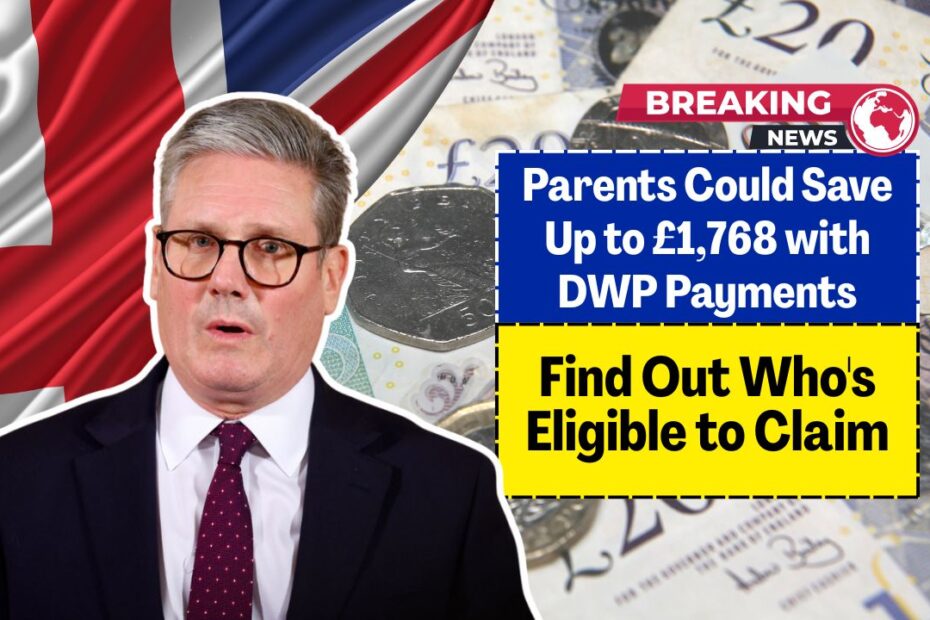Working parents who receive Universal Credit may be eligible to claim up to 85% of their childcare costs. According to the Department for Work and Pensions (DWP), this support applies to parents who pay for childcare while working, including costs for holiday clubs, after-school clubs, and similar activities.
If you live with a partner, both must be working unless one is unable to care for the children due to a health condition or disability.
The monthly maximum claim is:
- £1,031.88 for one child
- £1,768.94 for two or more children
Eligibility and Application Rules
Parents can request help for any child under 16 they are responsible for. However, childcare must be provided by a registered provider. Claims must be submitted via your Universal Credit account and can be backdated by up to three months.
It’s advised to report childcare costs immediately after payment. Delaying more than two months may result in losing your entitlement.
You can also claim up to three months in advance for future childcare, but reimbursement will only occur after the childcare service has been delivered.
How the DWP Processes Payments
Universal Credit repays childcare costs monthly during your assessment period rather than issuing a lump sum. Proof of payment is required, which can be provided through:
- A letter or invoice from the childcare provider
- Bank statements showing payment
In certain cases, childcare costs can be paid in advance, such as when starting a new job or increasing working hours. Even if you haven’t yet started work but have a confirmed job offer, you may still qualify.
Other Situations Where You Can Claim
You may also be entitled if you are receiving:
- Statutory Sick Pay
- Statutory Maternity, Paternity, Shared Parental, or Adoption Pay
- Maternity Allowance
Universal Credit includes a standard allowance, which is the base payment before adding extra components for children or illness-related inability to work, and before any deductions are made.
How Earnings Affect Your Universal Credit
If you have savings or owe money to the DWP, your payments may be reduced. For those in work, a taper rate applies, meaning your Universal Credit decreases as your earnings rise.
With the 55% taper rate, for every £1 you earn, 55p is deducted from your maximum payment. Some claimants also benefit from a work allowance, which lets them earn up to a certain amount before their Universal Credit starts decreasing.
Universal Credit childcare support is a significant benefit for working parents, covering up to 85% of eligible childcare costs. Understanding the eligibility criteria, reporting requirements, and payment process is crucial to ensure you receive the maximum support. Prompt reporting, proper documentation, and awareness of how earnings impact your claim will help you make the most of this financial assistance.
FAQs
Can I claim childcare costs if my partner is not working?
Only if your partner cannot care for the children due to a disability or health condition; otherwise, both must be working.
How soon should I report childcare costs to Universal Credit?
You should report as soon as you make the payment. Waiting more than two months may result in losing the claim.
Can childcare costs be paid before I start work?
Yes, if you have a job offer or are increasing your working hours, Universal Credit may pay childcare costs in advance.
